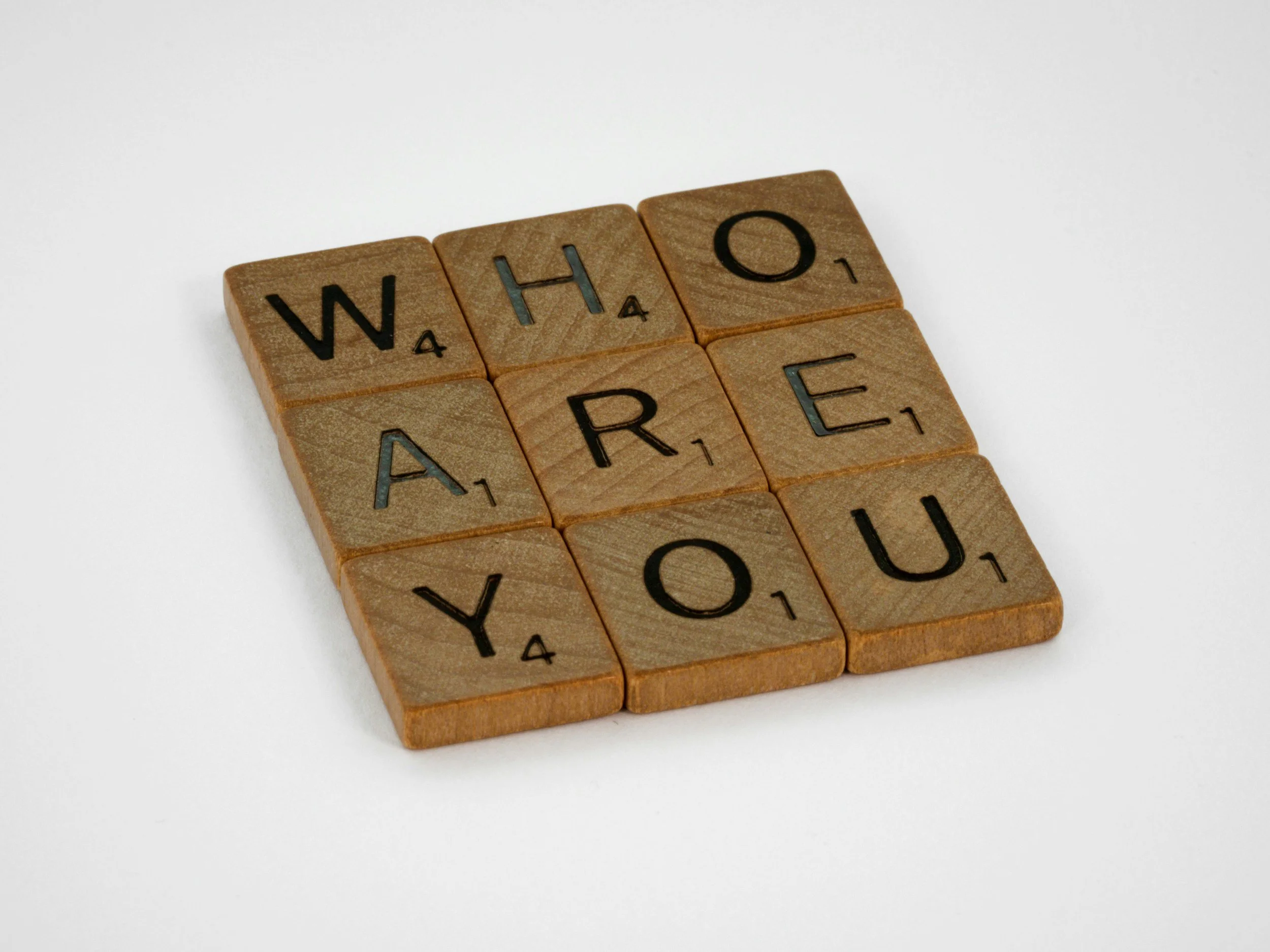Racism and Tribalism: Vestigial Organs of Social Evolution?
In the anatomy of the human body, vestigial organs are remnants of a past era—once essential to survival, now largely obsolete. The appendix, for instance, served a digestive function for our herbivorous ancestors but today exists as a biological afterthought, occasionally causing more harm than good. In a similar vein, could racism and tribalism be considered vestigial organs of our social evolution? Are they remnants of primal instincts that once ensured cohesion and survival, but now hinder progress in an increasingly interconnected world?
From a social science perspective, this question opens up a compelling exploration of how deep-seated behaviors and beliefs have persisted, adapted, and at times, become toxic in modern societies. To examine this, we must turn to anthropology, psychology, and sociology to understand the origins and transformations of tribalism and racism in human development.
The Evolutionary Roots of Tribalism
Human beings are social animals. Our ancestors survived not through individual strength, but through group cooperation. Early human societies were small, familial, and interdependent. Within these groups, loyalty and cohesion were paramount. Evolution favored individuals who could identify with a group and defend it against threats—real or perceived.
This dynamic gave rise to what evolutionary psychologists call "coalitional psychology"—a cognitive toolkit designed to help individuals navigate complex group dynamics. This includes the ability to quickly sort people into categories of "us" and "them," a heuristic that helped early humans decide who to trust, who to help, and who to fear. In the Pleistocene epoch, such instincts likely increased the odds of survival.
However, these same instincts are not always beneficial in the modern era. The cognitive shortcut of in-group preference and out-group suspicion, once adaptive, now forms the psychological scaffolding for xenophobia, sectarianism, and ethnonationalism.
Tribalism in Modern Societies
Although the nature of the tribe has changed, the instinct remains. Today, tribalism manifests in various forms: political partisanship, religious fundamentalism, fan cultures, and nationalism. The common thread is a strong emotional investment in the identity and superiority of the in-group, often accompanied by suspicion or hostility toward outsiders.
Social media has further exacerbated tribal instincts, creating digital echo chambers that reinforce group identity and vilify dissent. Algorithms that reward outrage and conformity make it easier than ever to retreat into ideological silos. This modern-day tribalism may not involve physical boundaries, but the psychological boundaries are just as rigid.
Racism as a Cultural Mutation
If tribalism is an evolutionary inheritance, racism is its cultural mutation. Unlike tribalism, which can be fluid and based on shared experience or belief, racism is rigidly tied to physical characteristics—skin color, facial features, hair texture. These arbitrary markers are imbued with meaning through historical, economic, and political processes.
Racism as a structured ideology emerged relatively recently in human history, particularly during the age of exploration, colonization, and slavery. European colonial powers used racial hierarchies to justify exploitation, dispossession, and genocide. Over time, these hierarchies became codified into laws, institutions, and social norms.
In this sense, racism is not an evolutionary instinct but a social construct built atop tribal reflexes. It transforms an innate tendency to favor one's group into a justification for systemic inequality. What began as a survival mechanism morphed into a tool of domination.
Vestigial, but Not Powerless
Like the appendix, tribalism and racism may no longer serve their original purpose, but they have not disappeared. In fact, under certain conditions, they can become inflamed—activated by fear, uncertainty, or manipulation. Politicians and demagogues often exploit these instincts to consolidate power, casting immigrants, minorities, or political opponents as existential threats.
The persistence of these behaviors is not merely a failure of individual morality but a reflection of structural incentives. Institutions, media, and even educational systems can perpetuate or challenge these legacies. Therefore, while tribalism and racism may be vestigial in the sense that they are outdated remnants, they are still deeply embedded in the social body and capable of causing real harm.
Can Societies Evolve Beyond Them?
The good news is that human beings are not solely products of evolutionary determinism. Culture, education, and institutions play a significant role in shaping behavior. Just as societies have developed systems of law, science, and human rights that counteract our baser instincts, we can also develop cultural antibodies to tribalism and racism.
Education that emphasizes critical thinking, empathy, and historical awareness can help dismantle harmful narratives. Exposure to diversity through travel, media, and interpersonal relationships can weaken the mental barriers between "us" and "them." Moreover, social movements and policy reforms can challenge the institutional structures that sustain inequality.
Indeed, history offers examples of profound moral evolution. The abolition of slavery, the civil rights movement, the end of apartheid—these milestones were not inevitable, but they demonstrate the capacity of societies to overcome inherited prejudices.
Simply Put
If racism and tribalism are vestigial organs, then perhaps our task is to evolve past them, much like we evolved beyond the need for certain biological structures. This does not mean pretending they never existed or denying their lingering influence. Instead, it means recognizing them for what they are: outdated responses to a world that no longer exists.
The modern world demands new social organs—empathy, solidarity, and intercultural understanding. These traits may not be encoded in our DNA, but they can be cultivated through conscious effort. Evolution is not just a matter of biology; it is also a matter of choice.
In choosing to move beyond the reflexes of fear and division, we participate in a second kind of evolution—one that builds a more inclusive, resilient, and humane society.






